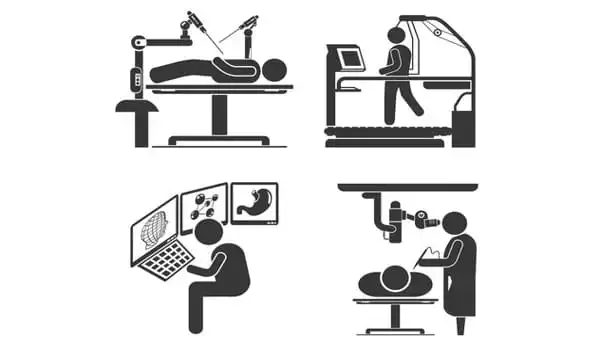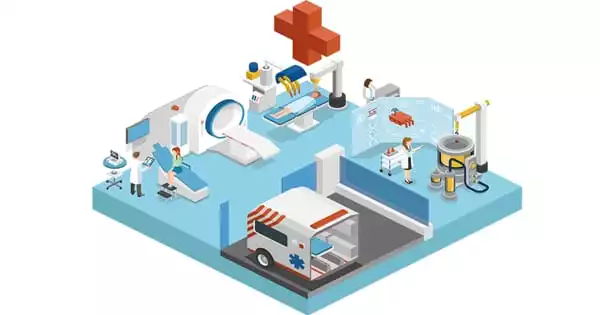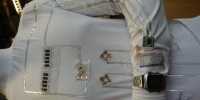Technological advancements in healthcare have resulted in dramatic changes, ranging from anesthetics and antibiotics to magnetic resonance imaging scanners and radiotherapy. Future technological innovation will continue to transform healthcare, but while technologies (new drugs and treatments, new devices, new social media support for healthcare, etc.) will drive innovation, human factors will remain a constant limitation of breakthroughs.
The global healthcare industry is confronted with a seemingly insurmountable number of challenges, ranging from aging populations and staff shortages to rising costs, all of which are putting an enormous strain on institutions, doctors, workers, patients, and communities. As a result, there is a greater demand for services and support that cannot be met with existing resources and methods. Hospitals are increasingly relying on technology and automation to relieve strain on an already vulnerable system.
Now that new medical sensors and gadgets can reliably monitor a patient’s health in real-time and theoretically from anywhere in the world, healthcare providers must navigate a new kind of medicine in which machines may handle so many aspects of the job that they no longer need to show up in person.
New medical sensors and gadgets can reliably monitor a patient’s health, in real-time and theoretically from anywhere in the world, healthcare providers are left navigating a new kind of medicine where machines might handle so many parts of the job that they don’t even need to show up in person.
Neil Singh
In a new, thoughtful Wired essay, primary care physician Neil Singh of Brighton and Sussex Medical School grapples with the changing landscape of medicine, discussing how, for better or worse — but most likely both — some medical traditions may die out as remote sensing technology becomes more powerful.
Part of the story discusses how these sensors are beginning to show the potential to save countless lives: using real-time biometric analysis, they may be able to flag a patient’s deteriorating condition hours before a doctor or nurse runs another round of bloodwork. Singh begins the essay by lamenting a patient who died in the hospital after a medical emergency, and wonders if more sensors and gadgets would have given him more time to act and potentially save his life.

But if the professionals don’t need to fuss over patients on a regular basis, what happens to the value of bedside manner or the mere possibility of building up trust between practitioner and patient?
The good news is that there is a solution that can help reduce system stress, improve patient care, create workflow efficiencies, and make better use of limited resources. Hospitals around the world are eliminating manual, error-prone procedures in favor of digital solutions that improve the accuracy of patient identification, streamline processes, improve the quality of patient care, and increase overall visibility as a result of the adoption of clinical mobility. Data can be transmitted in real time to clinical staff by digitally capturing information, reducing – even eliminating – errors and delivering critical time savings.
“Remote patient monitoring technologies also have another potential: to decouple patients from their health care providers, allowing for theoretically infinite distance between the two,” Singh wrote. Overall, the essay is an intriguing introspection into what role doctors might play in a future where new technology takes over parts of their job and potentially takes them out of the room entirely and what that means for our entire healthcare system.
The digital hospital of the future will not only be more efficient, but it will also provide better care, be more affordable, and engage patients more deeply in their treatment and recovery. The majority of respondents believe that analytics technology will improve healthcare quality around the world. Furthermore, tech-savvy patients are finding comfort in technology and, in fact, bringing their data to the hospital with them. Ninety-five percent of patients polled said they would be willing to share their electronic health metrics.















